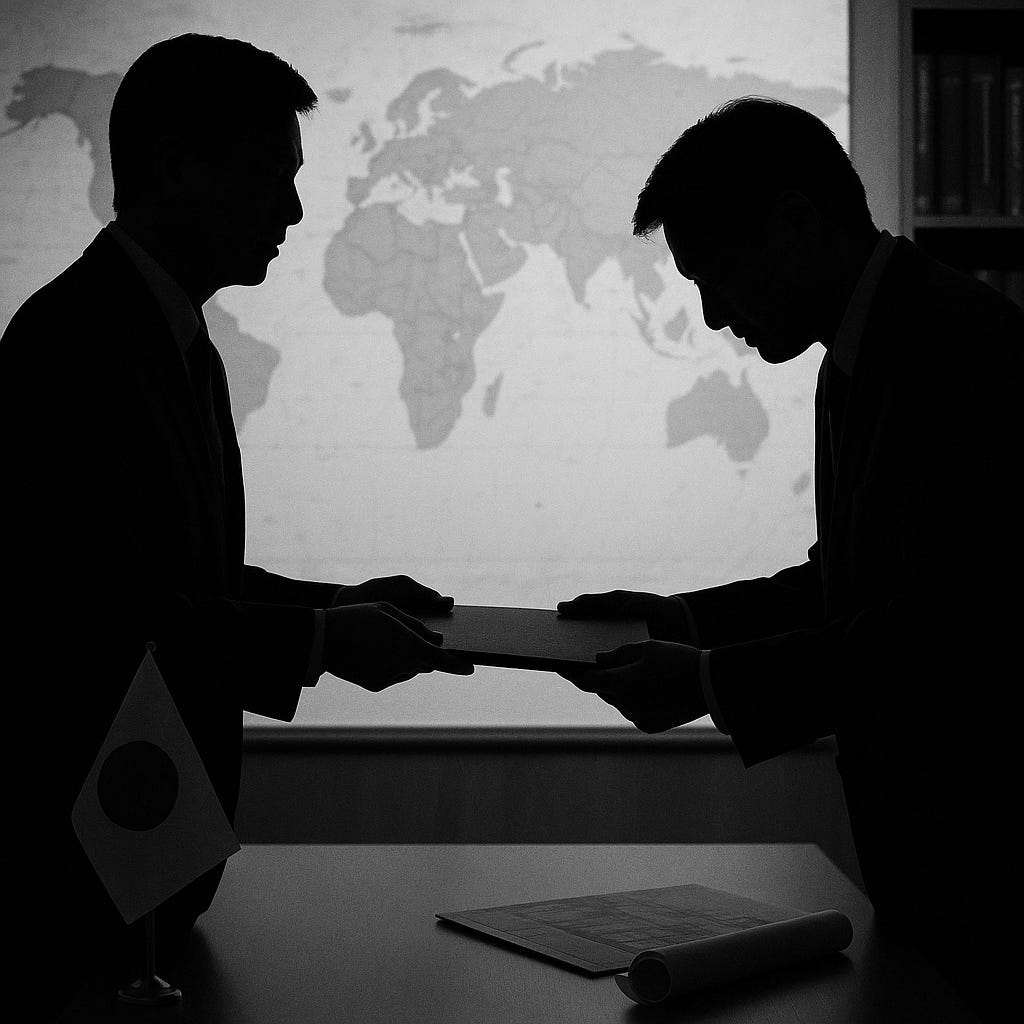Japan’s Silk Road Diplomacy Paving the Road Ahead
By Christopher Len, Uyama Tomohiko, Hirose Tetsuya
Published in December 2008.
Executive Summary:
Japan recognizes that democratization is an important aspect of Central Asia's modernization process. It would like the Central Asian republics to improve their democratic record. At the same time, it is mindful of the fact that democratization should be inculcated domestically as part of a political evolution process, in tandem with development strategies. Democratic values should not be imposed or transplanted from outside. Japan’s strategy has thus been to coax rather than to cajole Central Asia’s leaders to open up to democratic practices. Japan could do more to assist the Central Asian republics in this field but at the same time, it should be acknowledged that there is a limit to the extent of Tokyo’s influence in the Central Asian capitals.
Japan should be understood as having a developmental rather than a geopolitical focus on the region. This is an important distinction because it helps to inform on Japan’s activities in the region and provide a more accurate basis for assessing Japan's contribution to the region. It is also a reflection of Japan’s attempt to carve out a distinct role for itself in international affairs.
At present, Central Asia is not considered as a critical aspect in Japan’s diplomatic or economic strategy. There is a need to further discuss how Japan could improve its development strategy and profile in Central Asia. At the same time, it should be stressed that the ultimate responsibility for the development of Central Asia rests on the respective Central Asian governments themselves.
Japan is not in competition with Russia and China in its engagement drive with the Central Asian republics. Tokyo recognizes the importance of engaging these two countries as part of the strategy for Central Asia to develop as an open-region. If the “Arc of Freedom and Prosperity” is revitalized as part of Japan’s diplomacy, Tokyo should find constructive ways to engage Russia and China within the context of this diplomatic strategy.
Japan’s developmental commitment, China’s growing political and trade engagement, as well as South Korea’s growing economic interest in Central Asia underline the fact that Northeast and Central Asia are slowly converging particularly in the diplomatic and economic spheres. However, it remains to be seen if these three Northeast Asian states could formulate a collective response in engaging Central Asia –but this is something that should be encouraged.
Access to energy resources is not the primary rationale for Japan’s current focus in Central Asia. However, Japan has developed a more resource-oriented approach towards Central Asia in recent years and this trend is expected to continue.
Looking ahead, Japan could play a leading role in the region by bringing all the external actors who are interested in Central Asia to develop a coherent development agenda for Central Asia. This would help with the region’s development as an autonomous and open region.
Click here to continue reading Japan’s Silk Road Diplomacy Paving the Road Ahead.




